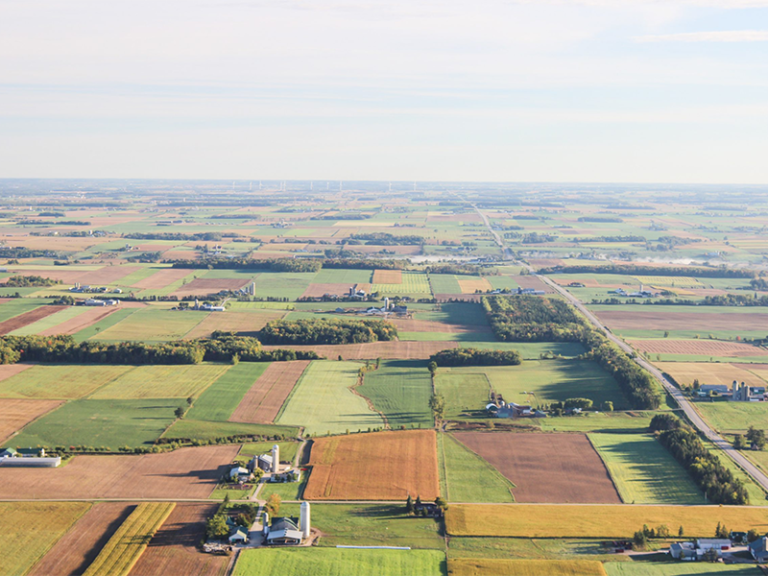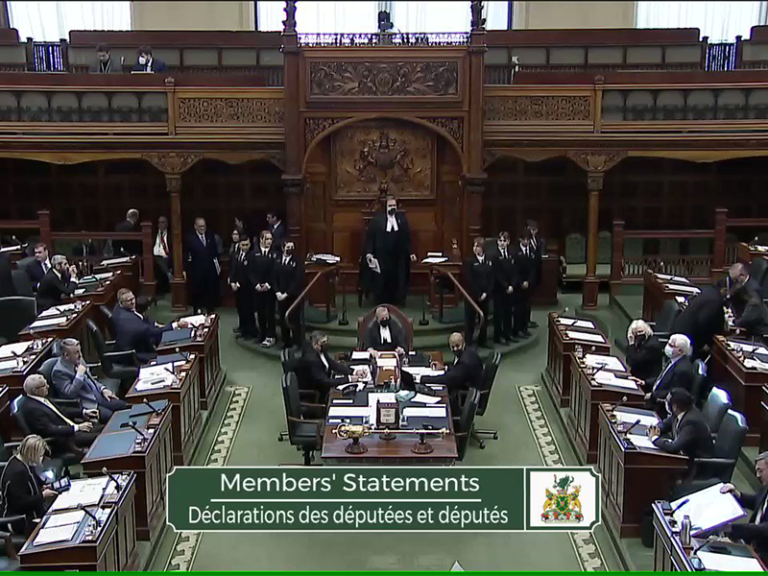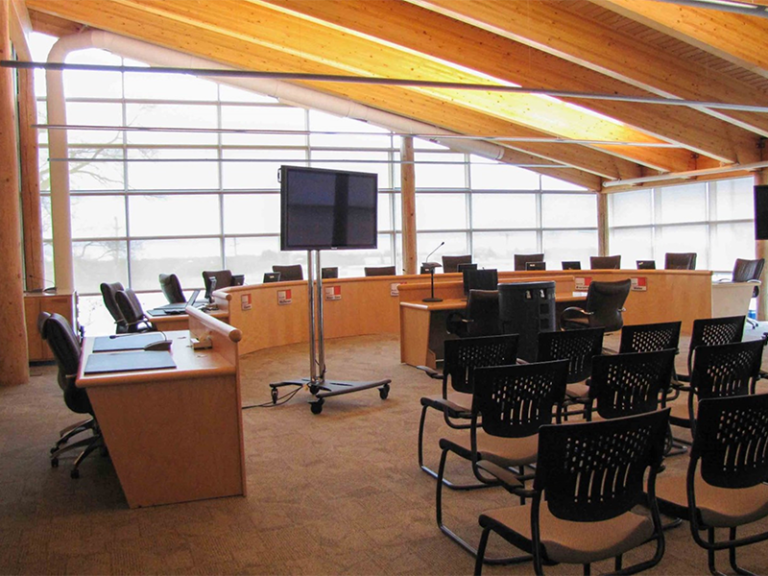By Deborah O’Connor
In this fall’s provincial election in Ontario the issue of downloading services is being freshly revived. With a little push from AMO (Association of Municipalities Ontario) all the parties announced their platforms on that contentious but yawn producing topic. For most of us, it’s a term dredged up from the past, when Former Premier Mike Harris led the charge to swap the costs of various programs, with the province off-loading some to the municipal level while taking some costs back in a process that was promised to be revenue-neutral. It wasn’t. And, the battle over who should pay for what has been fiercely fought ever since between the municipalities and the province. The general public has been blissfully unaware any of this was going on for most of it.
Here’s the basics.
The list of responsibilities transferred to the municipal level is long, including the cost of welfare, disability benefits, public housing, roads, public transit, court security, policing, land ambulances and public health units. While the province still maintains a 50/50 split of costs for the latter two categories, these were areas that they totally funded before downloading occurred. In exchange, the province assumed half the costs of school boards and all of the costs of Children’s Aid Societies, while providing one time only grants intended to offset the burdens they had imposed.
Opposition to downloading was fierce but it wasn’t enough to stop it. Critics complained that it was unfair to municipalities, who only have access to revenue from property taxes to pay for services, unlike the province, which can impose income tax and sales tax increases and has all that revenue from gambling at their disposal. By law municipalities cannot run deficits, they are required to balance their books yearly. The province, of course, can rely on deficit spending when times are tough; wiggle room the municipalities do not possess.
Once it had become clear the municipalities couldn’t cope with these added burdens the negotiations began, and in 2008 an Uploading Agreement was signed with the province that stipulated they would take back $1.5 billion in downloaded costs by 2018. So far, a total of $1 billion has been taken back, and with an election looming, each party has their own plan for next steps that can be found on their websites.
In addition to the issue of fiscal ability to pay for these downloaded costs, the other aspect that raises the spectre of unfairness is the type of services being shifted. In the past, municipalities provided the hard local services like garbage collection and streetlights, the services property taxes were designed to cover. The province was responsible for big ticket public policy items like public housing, welfare, policing and public health. For years there were complaints that property taxes had to cover costs of education that kept soaring, and it’s one area where the province taking control of more of that was welcomed. As to the rest, the fact that the province has agreed to take much of that back is an acknowledgement that it was inappropriate for them to be dumped onto municipalities in the first place.
Where will it all end?
The whole downloading devil was unleashed in Canada by the federal government. They started it in the 1990’s with their social policy review and all the provinces quickly figured out they could do the same and started dumping costs down to the next level. For individual taxpayers, keenly aware that it is their pockets being picked, they may not care which level of government pays for what, they just want relief from rising costs while maintaining current service levels. The reality that we can’t have both has yet to sink in, and the debate and the wrangling will continue as we go forward.


